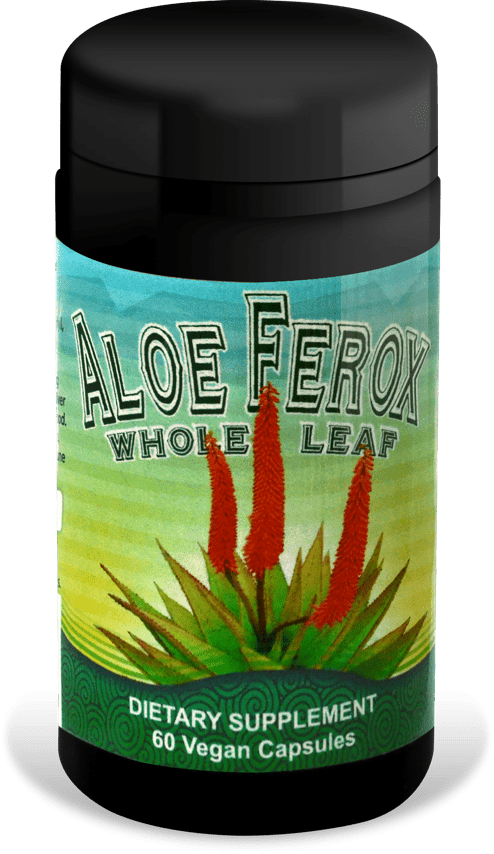What’s In Your Supplements?
The truth is surprising and unfortunately effects 98.7% of all products on the market, including some that call themselves natural.
Most minerals in supplements are ground up rocks and industrial chemicals.
Most vitamins in supplements are petroleum extracts, coal tar derivatives, and chemically processed sugar (and sometimes industrially processed fish oils), with other acids and industrial chemicals (such as formaldehyde) used to process them.
“Read the label of any supplement to see if the product is truly 100% food,” suggests Dr. Robert Thiel, PHD, Naturopath and Researcher. “If even one USP vitamin analogue (synthetic) is listed, then the entire product is probably not food; normally it will be less than 5% food. Vitamin analogues are poor imitations of the real vitamins that are found in foods.”
Here is Dr. Tiel’s table of common vitamins showing the corresponding food nutrient and their synthetic form:
Table 1. Composition of Food and Non-Food Vitamins [1-10]
| Vitamin | Food Nutrient* | ‘Natural’ Vitamin Analogue & Some Process Chemicals |
| Vitamin A/Betacarotene | Carrots | Methanol, benzene, petroleum esters; acetylene; refined oils |
| Vitamin B-1 | Nutritional yeast, rice bran | Coal tar derivatives, hydrochloric acid; acetonitrole with ammonia |
| Vitamin B-2 | Nutritional yeast, rice bran | Synthetically produced with 2N acetic acid |
| Vitamin B-3 | Nutritional yeast, rice bran | Coal tar derivatives, 3-cyanopyridine; ammonia and acid |
| Vitamin B-5 | Nutritional yeast, rice bran | Condensing isobutyraldehyde with formaldehyde |
| Vitamin B-6 | Nutritional yeast, rice bran | Petroleum ester & hydrochloric acid with formaldehyde |
| Vitamin B-8 | Rice | Phytin hydrolyzed with calcium hydroxide and sulfuric acid |
| Vitamin B-9 | Broccoli, rice bran | Processed with petroleum derivatives and acids; acetylene |
| Vitamin B-12 | Nutritional yeast | Cobalamins reacted with cyanide |
| Vitamin 'B-x' | PABA Nutritional yeast | Coal tar oxidized with nitric acid (from ammonia) |
| Choline | Nutritional yeast, rice bran | Ethylene and ammonia with HCL or tartaric acid |
| Vitamin C | Acerola cherries, citrus fruits | Hydrogenated sugar processed with acetone |
| Vitamin D | Nutritional yeast, mushrooms | Irradiated animal fat/cattle brains or solvently extracted |
| Vitamin E | Nutritional yeast, vegetable oils | Trimethylhydroquinone with isophytol; refined oils |
| Vitamin H | Nutritional yeast, rice bran | Biosynthetically produced |
Food Research Supplements are 100% pure food. No ground up rocks or industrially processed synthetics. No pesticides or herbicides. No GMOs. No artificial binders or fillers. All of Food Research products are 100% natural and organic whole foods. Food Research fruits, vegetables, and herbs are wildcrafted or grown hydroponically in an FDA registered facility. Cold fused and low-temperature processing with meticulous testing and quality control ensures consistent superior quality.


 Add to Cart
Add to Cart